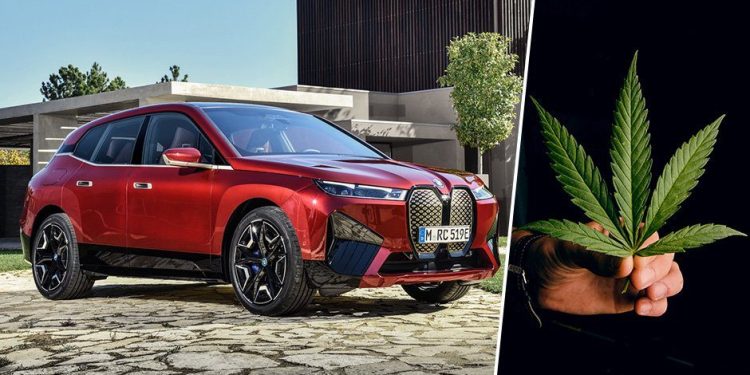BMW to tackle climate change by using hemp in its interiors
BMW has been more vocal than most brands in regards to measures it’s taking to shrink its carbon footprint, particularly when it comes to vehicle production. Now the brand has rolled out further measures.
The new strategy focuses largely on the use of new, more environmentally friendly materials, some of which will be recycled as the brand aims to employ ‘circular economy’ practices in its production. But, it’s not just about recycling.
“The BMW Group believes only a holistic approach to the use of proven and new materials can permanently reduce CO2 emissions,” said the marque in a press statement issued overnight.
“For this reason, the BMW Group is focusing its research and development efforts on environmentally-compatible raw materials. At the same time, it is accelerating targeted the creation of a secondary-materials market and working with select startups and experienced material suppliers to develop pioneering materials.”
“We are setting new standards for sustainable premium quality – by rethinking materials and focusing more than ever on resource-efficient alternatives and renewable materials with strong dismantling capability,” said Dr Stefan Floeck, BMW’s newly appointed head of development for Mini and BMW’s compact line.
“We are following a consistent path towards holistically sustainable product development, responsible use of resources and transformation into a circular economy.”

To cut through some of the marketing fluff in the German firm’s words, it’s also revealed details about some of the materials it’s working on. It’s confirmed that hemp, flax, and kenaf fibres are all set to be used in the production of components like door trim panels as a natural fibre reinforcement.
Hemp and kenaf have connections to marijuana, with the former being part of the cannabis family and the latter also known as ‘Hibiscus cannabinus’. Both are already used in the production of all sorts of products, from rope and twine, to cosmetics, printer ink, and soaps.
BMW is also working on pioneering what it calls ‘wood foams’. These are “an open-pored structure made up of finely ground wood particles” according to BMW, perhaps similar in ethos to an MDF-style construction. Although in this case BMW says it will be produced from 100 per cent renewable materials. Wood foams are hoped to replace acoustic foams in future cars.
Seat cover materials are also in the pipeline for an environmental overhaul, with BMW in the process of researching synthetic textiles made solely from recycled materials. BMW says these materials could be recycled numerous times over.





